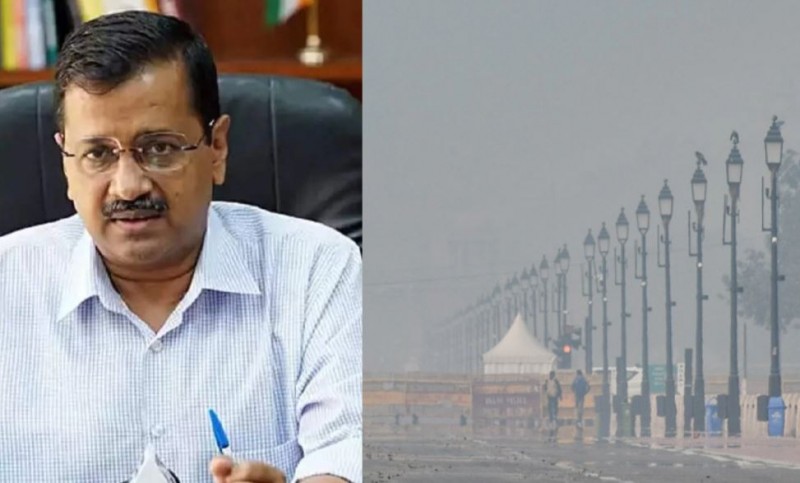
New Delhi: Amid rising air pollution levels in the national capital, the Delhi government has opted to extend the closure of schools up to class 5 until November 10. While schools catering to classes 6-12 retain the option to remain open or shift to online classes, the decision to keep younger students away from physical classrooms has been met with questions regarding the government's approach to tackling the root causes of pollution.
Initially, the Delhi government had declared that schools up to class 5 would remain shut until November 5. However, as the city's air quality continued to deteriorate, the extension was deemed necessary.
Delhi's Education Minister, Atishi, explained, "As pollution levels continue to remain high, primary schools in Delhi will stay closed until November 10. For Grade 6-12, schools are being given the option of shifting to online classes."
Delhi has experienced severely polluted air for a sixth consecutive day, with an Air Quality Index (AQI) reaching 460. The city remains veiled in a thick shroud of toxic smog, giving rise to concerns among healthcare professionals about the growing number of respiratory and eye-related ailments, especially among children and the elderly.
The surge in microscopic PM2.5 particles, known for their ability to deeply infiltrate the lungs and cause health problems, has reached levels seven to eight times higher than the government's recommended safe limit of 60 micrograms per cubic meter in various locations across Delhi-NCR in recent days. This astonishing increase is 80 to 100 times beyond the World Health Organization's safe limit of 5 micrograms per cubic meter.
To combat pollution in Delhi-NCR, the central government's strategy dictates the implementation of all urgent air pollution control measures, which includes imposing bans on polluting trucks, commercial four-wheelers, and construction activities when the AQI surpasses 450.
Over the past week, Delhi-NCR's air quality has seen a significant decline due to a combination of factors, including falling temperatures, stagnant winds that hindered the dispersion of pollutants, and an upsurge in post-harvest paddy stubble burning in Punjab and Haryana.
The AQI in Delhi surged by over 200 points between October 27 and November 3, catapulting it into the "severe plus" category (above 450) on Friday, according to data from the Central Pollution Control Board (CPCB). Although a slight improvement was observed, with the AQI dropping from 468 at 4 pm on Friday to 413 at 6 am on Saturday, the 24-hour average AQI of 468 on Friday marked the worst levels recorded since November 12, 2021.
While the government's decision to close schools in response to the pollution crisis is a short-term measure to protect young students, it has raised pertinent questions about the necessity for more comprehensive and lasting efforts to address the root causes of pollution and improve air quality.
Farmers in Bathinda Force Official to Burn Stubble, Challenging Government's Efforts
Balancing Free Speech and Preventing Violence: S. Jaishankar's Perspective
Video: Ayaan Qureshi's Controversial Remark: Referring to Hindus as "Insects"